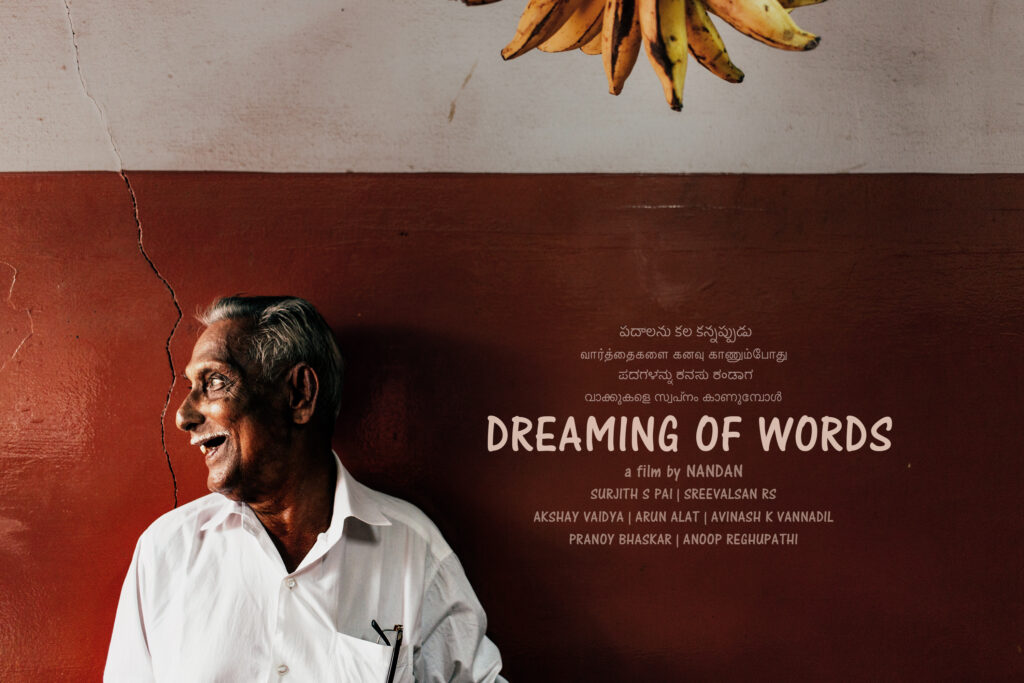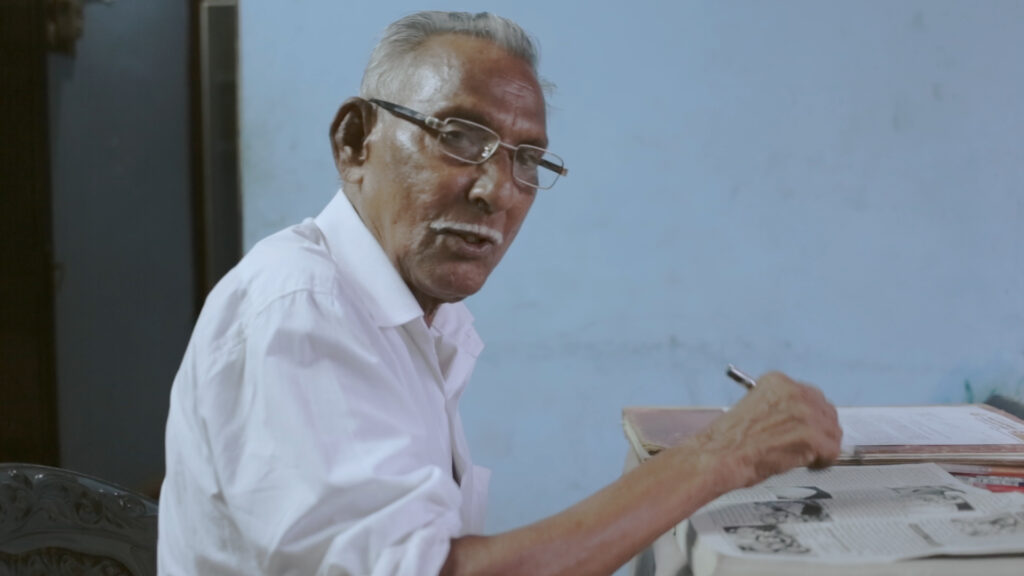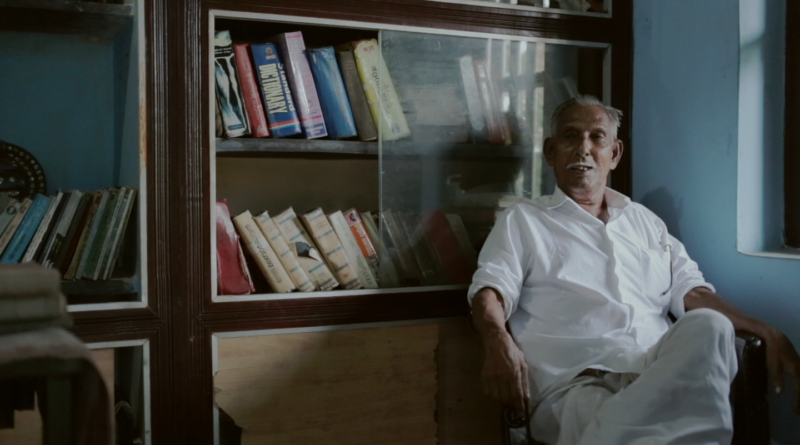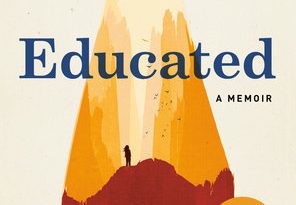Inspiring lexicographer breaks the barrier of words and spends 25 years to compile dictionary in 4 Dravidian languages in the South of India.
‘Dreaming of Words’, is a documentary directed by filmmaker Nandan, that portrays this inspiring story.
Words are the basis of language and language is the instrument human beings use to communicate their feelings, thoughts, emotions, actions. The more we understand of others’ language the more we establish connections with others. And connection brings understanding, peace, evolution.
There is a man in India that dreamed this evolution and transformed his dream into reality. Njattyela Sreedharan wrote a multilingual dictionary that connects the four south Indian languages. This unique dictionary offers a comparative study of Malayalam (45 million native speakers), Kannada (43 million native speakers), Tamil (75 million native speakers) and Telugu (82 million native speakers) developed travelling across four states of Kerala, Tamilnadu, Karnataka and Andhra Pradesh.
The hour-long documentary ‘Dreaming of Words’, directed by filmmaker Nandan takes us into the amazing world of a man that made of words a life mission, a story inspiring for many.

“Searching for the exact word in four languages is not simple; it might take months and years. But without all the four words, the work is futile. The process is more like a prayer. There won’t be any other thought in my mind and sometimes the word would pop up in a dream, and I wake up at midnight and write it down,” explains Njattyela Sreedharan.
The documentary takes us into the incredible world of this 82 year old born in Thalassery, Kerala in 1938. After dropping out from school after fourth standard, he started working at a Beedi factory. While working there he started reading extensively and passed the ESLC examination privately.
During his younger years, he devoted most of his time in studies and in teaching others as part of literacy programmes. While studying language, he focused on different scripts, writing manners, grammer, colloquial usages of words etc. In his articles written in several Malayalam dailies and magazines, he suggested corrections in popular linguistic norms in Malayalam. This was inspired by the books of A. R. Raja Raja Varma, Sheshagiri Prabhu, Campbell etc. And while working at a Beedi factory in Palakkad, he learned Tamil.

Getting a job as a blueprinter in Kerala Public Works Department helped him immensely in his study of languages. During this time, Sreedharan got acquainted with Dr. T P Sukumaran, a professor at Nirmalagiri college. T P Sukumaran suggested the idea of compiling a dictionary of colloquial usages of words in Malayalam. Since he was already familiar with Malayalam and Tamil, Sreedharan thought of learning the other two major Dravidian languages (Kannada and Telugu) and compiling a dictionary connecting all four languages.
He learned Kannada from his colleague Govinda Naik and the noted writer C Raghavan Master. For further studies of Kannada, he went to Karnataka where he stayed for several weeks for research. An officer at District Agricultural Farm, Taliparamba, Eashwaraprasad Rao and his wife Seethamma Garu helped him in learning Telugu. For research in Telugu, he travelled to Nellore in Andhra Pradesh several times. Interacting with the local people of these places helped him in learning the nuances of these languages.
After his retirement from service in 1994, Sreedharan (55 years old then) diverted all his energy and resources into the making of the multilingual dictionary. He even corrected the errors in other commonly used dictionaries and included colloquial meanings of words. In this dictionary, for each Malayalam word, one can find the corresponding words in Kannada, Tamil and Telugu. For words with several meanings, all different meanings are given in the other three languages. This way there are about 125000 words in this unique dictionary.
While he was nearing completion of the dictionary, it was the local media who brought Sreedharan’s story to public attention. Even then, after completion of the dictionary, it was very difficult to get it published. The economic viability and the reason that Sreedharan did not have any formal academic qualifications became barriers.
After approaching several private publications and institutions which yielded no results, it was submitted to Kerala Bhasha Institute (The State Institute of languages, Kerala) while P. K. Pokker was the director. Due to difficulties in proofreading and lack of experts to evaluate the work, instead of publishing all four languages they published Malayalam- Tamil dictionary in 2012. Even then publishing the dictionary with words in all four languages seemed nearly impossible. After a while the handwritten manuscript of the dictionary went missing at Kerala Bhasha Institute. After filing legal notice, Sreedharan got it back in 2014. Another copy of the manuscript is with Kerala Sahitya Akademi under consideration.
And now with the collective efforts from the Senior Citizens Forum in Kerala, the dictionary is published and was launched on the first of November.




